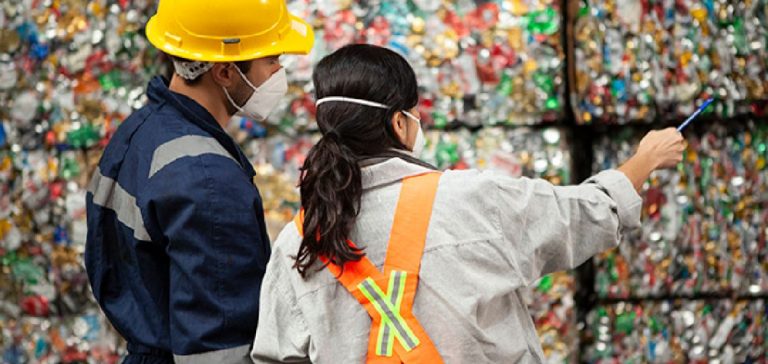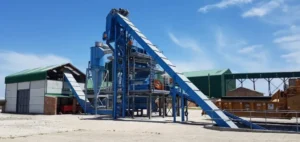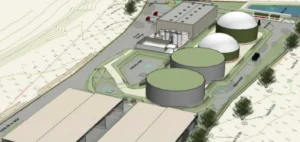SUS Environment has signed a concession agreement with the government of Makassar, Indonesia, for the development of a waste-to-energy facility in South Sulawesi Province. The project, with an estimated budget of USD 200 million, will be one of the first of its scale in the region, aiming to efficiently manage the increasing volumes of urban waste while contributing to local energy production. The facility, designed to handle a capacity of 1,300 tons per day, will integrate two 650-ton incineration lines and a 35 MW turbine.
The initiative addresses the growing need for effective waste management in Indonesia, a country where demographic and urban growth has significantly increased waste management challenges. Makassar, the provincial capital, has been experiencing landfill saturation for several years. The waste-to-energy project, scheduled to begin in 2024 and become operational by the end of 2026, is seen as a sustainable solution to these local constraints. It will not only reduce dependence on fossil fuels but also produce an alternative energy source, thereby optimizing the region’s energy structure.
Economic and Strategic Objectives of the Project
The Makassar project is part of a broader strategy by the Indonesian government to modernize its energy sector by diversifying supply sources. The facility is designed to meet international standards in waste management and energy production, focusing on operational performance and financial sustainability. The USD 200 million investment will be allocated to infrastructure construction, equipment acquisition, and technical training to ensure skill transfer to local operators.
The concession agreement between the Makassar government and SUS Environment also includes performance commitments, such as emissions reduction targets and economic profitability indicators. Although the project is still in its initial phase, stakeholders expect positive economic outcomes, such as local job creation, infrastructure management improvements, and reduced landfill-related costs. Centralizing waste management through incineration, combined with electricity generation, should also strengthen the region’s energy security.
Regional Impact and Long-Term Perspective
Beyond Makassar, this project could serve as a model for other Indonesian cities facing similar challenges. Major urban centers like Jakarta and Surabaya are already considering similar projects to manage the increasing volumes of waste produced each year. Adopting waste-to-energy solutions would enable the Indonesian government to align with its decarbonation goals while minimizing the environmental footprint of urban areas.
For SUS Environment, this project is also a technological showcase. The company plans to integrate advanced innovations to maximize energy efficiency while reducing operational costs. This strategic positioning could help SUS expand its influence in the Southeast Asian market, a key segment for the company’s future growth.
A Project with Multiple Strategic Stakes
For Indonesia, this project represents a step towards a more structured management of its energy resources and an alignment with its energy transition commitments. By diversifying energy sources and integrating waste-to-energy initiatives, the country aims to reduce its dependence on fossil fuels while addressing the rising energy demand in rapidly expanding urban areas. The construction of the Makassar facility is therefore seen as a strategic project, likely to attract further investment in the energy infrastructure sector.
Local authorities hope that this project will encourage the modernization of waste management in other provinces. Implementing strict management and operational standards is essential to ensure the project’s sustainability and enhance the region’s attractiveness for future public-private partnerships. With a stronger regulatory framework and long-term strategic planning, Makassar could become a benchmark for waste-to-energy projects in Indonesia.






















